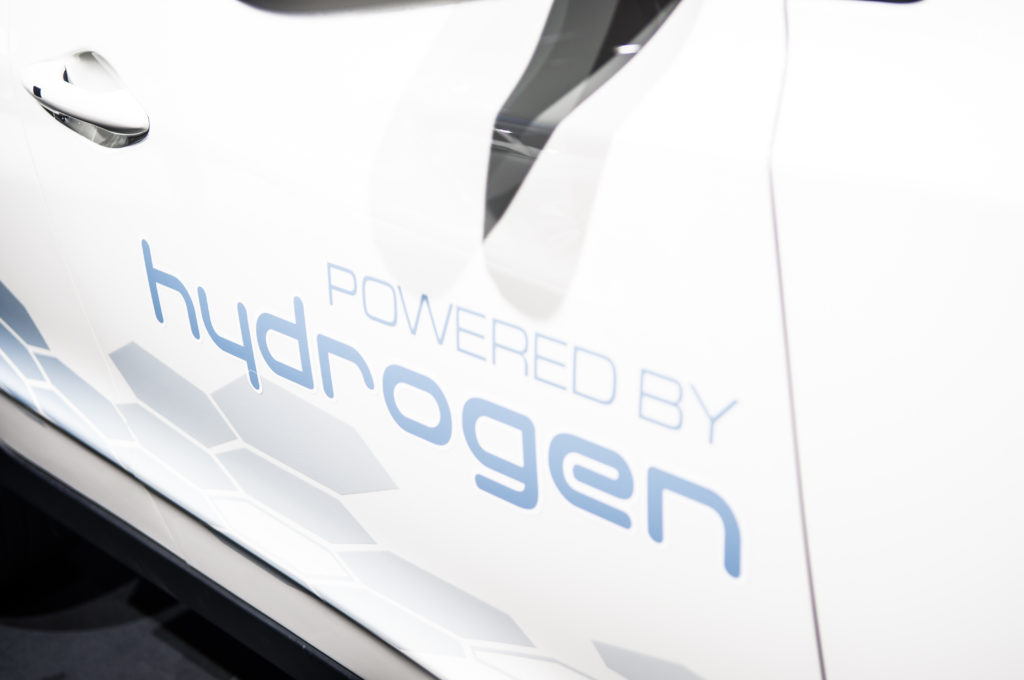The Peninsula
South Korea Seeks to Lead Hydrogen Economy
Published July 9, 2020
Category: South Korea, Economics

This briefing comes from Korea View, a weekly newsletter published by the Korea Economic Institute. Korea View aims to cover developments that reveal trends on the Korean Peninsula but receive little attention in the United States. If you would like to sign up, please find the online form here.
What Happened
- On July 1, South Korea announced its plans to foster more businesses in the hydrogen industry over the next 20 years. This new roll out comes as part of the country’s larger efforts to reach net zero emissions by 2050.
- The Moon administration has promoted the use of hydrogen as the main source of energy for power generations, vehicles, and battery cells.
- At present, the government aims to make hydrogen more accessible for local firms and consumers by building new production facilities in Busan, Daejeon, and three other cities.
Implications: Similar to South Korea’s previous economic transitions, the public sector is playing a critical role in moving industries from fossil fuels to alternative energy sources. If Seoul is successful in building a carbon-neutral economy, it would present a model for policymakers elsewhere who are looking to establish a more sustainable future. The latest plan from South Korea more firmly marries the transformation of its national energy system with the establishment of a new growth engine that will generate both exports and employment.
Context: In 2013, South Korean car manufacturer Hyundai launched the first commercially produced hydrogen fuel cell electronic vehicles (FCEVs). Most recently, South Korea hosted the world’s first hydrogen mobility energy show, thus further cementing its status as a hydrogen frontrunner. More than 100 companies and research institutions from 11 different countries participated in the inaugural event and discussed ways to boost hydrogen-related businesses.
Korea View was edited by Yong Kwon with the help of James Constant, Sonia Kim, and Ingyeong Park.
Picture from flickr user francoisjouffroy
